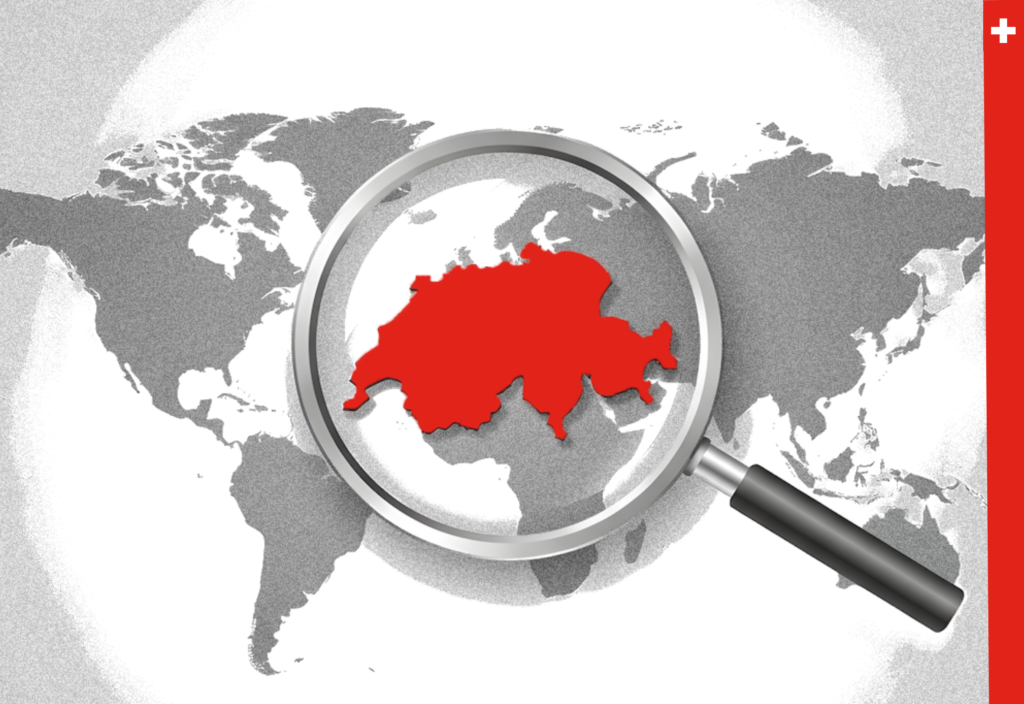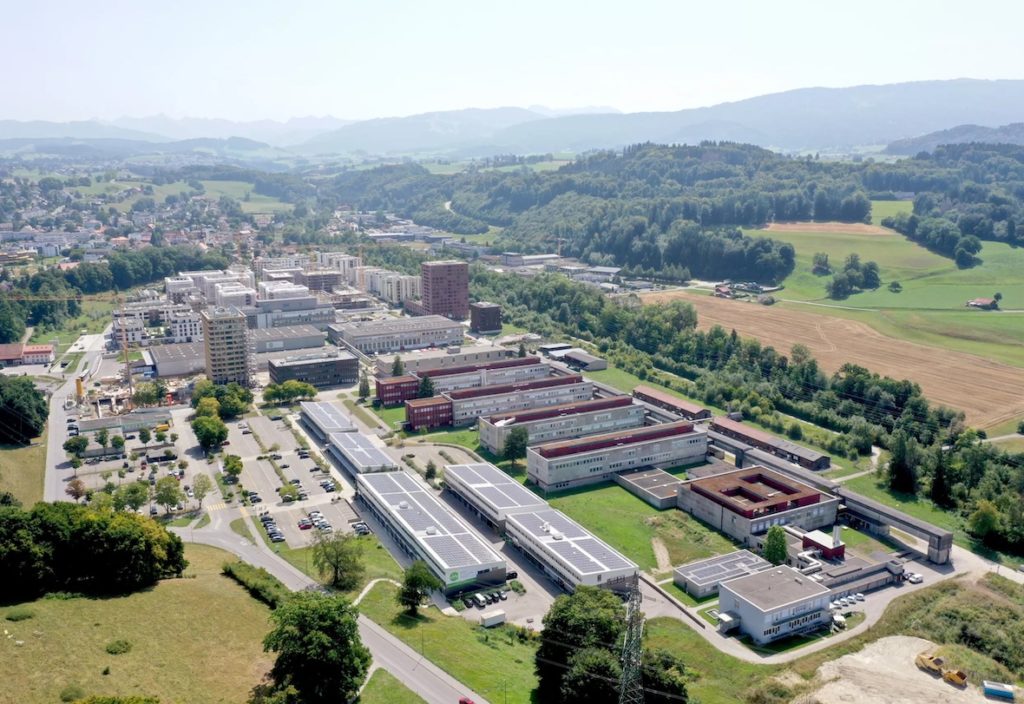
Western Switzerland at the heart of artificial intelligence

Western Switzerland has become a European hub for artificial intelligence, where open research, ethical standards and technological excellence converge. Its vibrant ecosystem connects academia, industry and international actors to advance transparent, responsible, and human-centered innovation.
Artificial intelligence (AI) refers to the use of algorithms that enable machines to simulate human intelligence, allowing them to learn, reason, and make decisions. This rapidly evolving field is transforming multiple sectors, including healthcare, education, finance, manufacturing, and transportation.
In Switzerland, AI has become a strategic area for scientific excellence and economic competitiveness. The country’s strong research infrastructure, combined with its culture of innovation and high ethical standards, provides an ideal environment for the responsible development of intelligent technologies.
Western Switzerland plays a particularly active role in this transformation. With its concentration of universities, research institutes, and industrial partners, the region contributes directly to national and international progress in AI through applied research, technological infrastructure, and the creation of start-ups that integrate AI into practical, real-world applications.
A growing ecosystem of open and responsible AI
The Swiss AI Initiative, co-led by EPFL and ETH Zurich, has positioned Switzerland among the global leaders in open AI development. The initiative involves more than 800 researchers and provides access to 20 million GPU hours annually for large-scale projects. Its main outcome to date is Apertus, the country’s first open, multilingual large language model (LLM).
Trained on the Alps supercomputer in Lugano, Apertus is among the few open LLMs of its scale worldwide and supports more than 1,000 languages, including underrepresented ones such as Swiss German and Romansh.
To encourage public engagement and responsible adoption of AI, Switzerland launched the Swiss {ai} Weeks, a nationwide program running from September 1 to October 5, 2025. More than 150 partner organizations, including academic institutions, companies, and government agencies, organized over 160 events in 24 cities. Activities included hackathons, workshops, and public forums exploring AI’s applications, ethics, and impact on society.
Key research and application centers
Western Switzerland hosts several institutes conducting advanced research in artificial intelligence.
- The AI Center at EPFL in Lausanne coordinates research across four main domains: medicine, robotics, digital twins, and edge AI. It promotes the transfer of research into industrial and societal applications and supports collaboration with both Swiss and international partners.
- In Bern, the Center for Artificial Intelligence in Medicine (CAIM) develops AI-based tools to enhance diagnosis, treatment, and clinical decision-making. Its projects combine data science, medical expertise, and regulatory standards to improve healthcare outcomes.
- The Swiss Center for Electronics and Microtechnology (CSEM) in Neuchâtel integrates AI into microtechnologies, sensors, and embedded systems, supporting innovation in medtech and precision industries.
- The University of Neuchâtel’s Institute of Computer Science (IIUN) conducts applied research in natural language processing, machine learning, and autonomous systems.
- In Fribourg, the Institute of Artificial Intelligence and Complex Systems (iCoSys) and the Swiss AI Center work on distributed computing, Industry 4.0 applications, and sustainable information technologies. Both institutes collaborate closely with local companies to translate research into practical solutions.
Geneva: a center for innovation, governance, and applied AI
Geneva has significantly expanded its innovation infrastructure and AI capabilities. The Innovation Master Plan 2025–2027 allocates CHF 11 million to support entrepreneurship, technology transfer, and international positioning. The plan includes the extension of Campus Biotech, with a new nine-story building dedicated to life sciences and artificial intelligence.
On this campus, the AI Health Hub developed by the University Hospitals of Geneva (HUG), the State of Geneva’s Department of Health and Mobilities, and Wyss Geneva will open in 2026. Covering 1,000 square meters, it will focus on AI applications for neurological and psychiatric disorders, combining clinical research, translational medicine, and public engagement.
Several Geneva-based institutions contribute to the global governance and ethical development of AI. The DiploFoundation and the Geneva Internet Platform train diplomats and policymakers on the societal, regulatory, and technical aspects of AI. The United Nations International Computing Centre (UNICC) has established its AI Hub in Geneva to coordinate AI deployment across UN agencies. In parallel, the International Telecommunication Union (ITU) continues to host the AI for Good Global Summit, the world’s largest event dedicated to AI for sustainable development.
The city is also home to Proton, whose generative AI system Lumo applies encryption and privacy-by-design principles to ensure fully confidential interactions. These initiatives collectively demonstrate Geneva’s dual role as both an innovation hub and a center for international AI standards and governance.
An interconnected regional network
Across Western Switzerland, public and private actors are strengthening collaboration between research, education, and industry. The combination of academic expertise, high-performance computing infrastructure, and proximity to global organizations allows for rapid technology transfer and responsible implementation of AI in key sectors.
An example is HEARTS (HElvetic AI Resources, Technologies and Services), Switzerland’s AI Factory antenna launched in partnership with the European High-Performance Computing Joint Undertaking (EuroHPC JU). Focused on meteorology and data-driven modeling, HEARTS connects Swiss research institutions to Europe’s broader AI infrastructure, reinforcing the region’s role as a bridge between national expertise and continental innovation.
From Bern’s medical research to Fribourg’s applied engineering, Neuchâtel’s microtechnologies, Lausanne’s AI science, and Geneva’s governance ecosystem, the region illustrates how innovation and ethics can progress in parallel.
By combining open science, industrial collaboration, and international cooperation, Western Switzerland continues to define a distinctive model for artificial intelligence: transparent, multilingual, and aligned with human and societal values.

